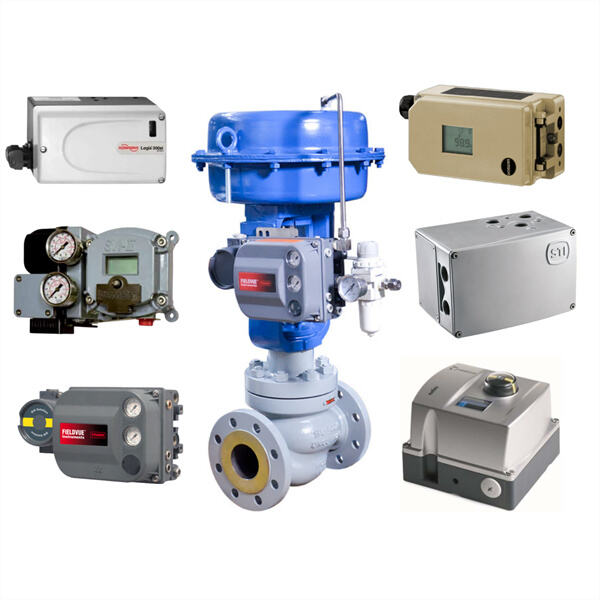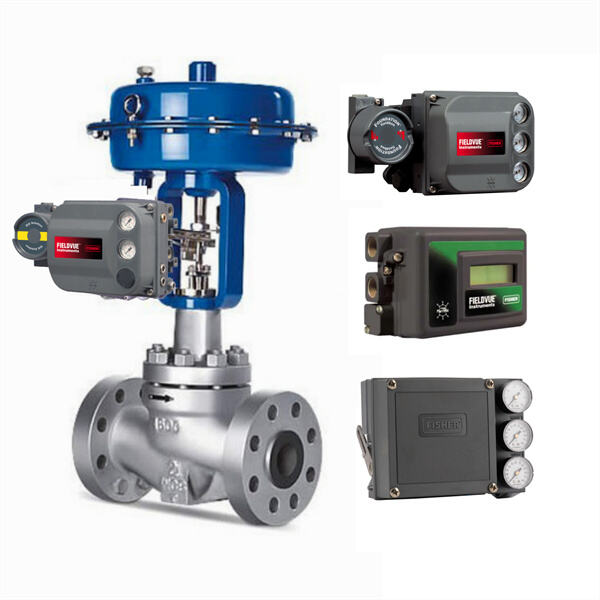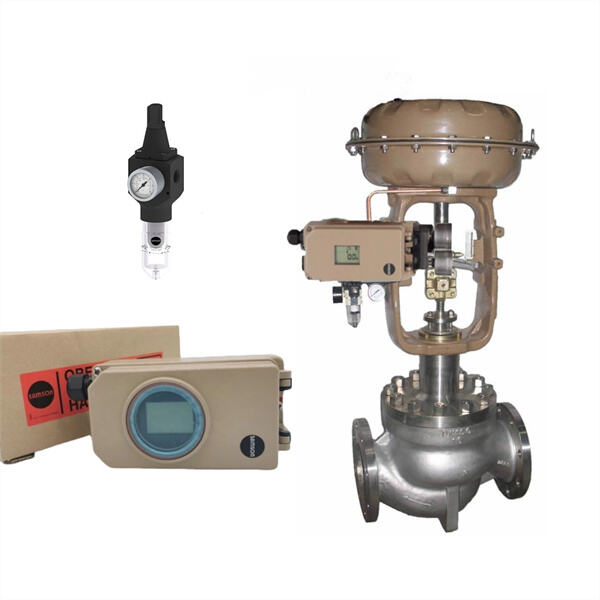A electro pneumatic positioner is an essential device in many industrial applications. It may seem like a big word, but it’s actually quite easy! A Pneumatic control valve is a distinctive valve specifically used to control the flow of air/gas in factories or specific work places. These valves are critical because они regulate нужно air or gas про pipes. They operate on air pressure. As these instructions are taking action, pressure builds up, and when it is sufficient, the valve opens/closes up based on the needs of that system at that specific time.
You may be thinking to yourself, “What is the need for pneumatic control valves at all? Actually, there are several reasons, all of which are rather significant! A big part of the reason is that these valves are incredibly reliable. That means they can operate for a long time without fail. In factories, where things are constantly moving and evolving, it is critical to have the equipment that can keep pace. However, bush pin valves hold up well under that wear and tear, making them ideal for busy environments.
Another explanation is that they are extremely specific. In simple terms, they can accurately manage the flow of air or gas. For example, if a machine requires a certain amount of air or gas for it to correctly function, a electro pneumatic valve positioner can help in ensuring that the machine receives the correct dose. It is critical for the smooth and efficient operation of mechanical components.
Pneumatic control valves, like any machine or piece of equipment, require some care from time to time. (They need to be checked regularly so they work well.) Inspect them for wear, and clean them as needed to prevent dirt and debris from interfering. If they notice any problems, such as leaking or the valve getting stuck, they must get that resolved immediately. Neglecting the issue can result in greater complications in the future and that may lead to the petition of the machines to stop working.

Air or gas: What type of air or gas will pass through the valve? However, one must choose the correct one as various valves are meant to assist in working with various types of materials.

Pressure and Temperature: What is the system pressure and temperature where the valve will be used? This knowledge will ensure that you select a valve that will perform safely under those conditions.

Special Needs: Does your system have any other special needs? In other words, does the valve have to be especially strong or perform in extreme conditions? This is critical to choosing the correct valve.
Our gasoline and oil equipment is pneumatic control valve, which is the pinnacle in quality and ingenuity. Every product is meticulously crafted by R and D and manufacturing experts to meet or exceed customers' expectations and set new standards in the field.
Our team of over 500 professionals will pneumatic control valve throughout the entire process. From pre-sales to after-sales support our professionals deliver expert assistance throughout the entire process. We welcome customers from China meet on site and maintain open communication channels to foster long-lasting partnerships.
With pneumatic control valve, we provide clients across the globe. We can offer localized services across the globe because our team has an extensive understanding of regional markets. We excel at addressing specific customer requirements and solving complicated problems in a variety of markets.
All your industrial automation requirements can be met by our teams. With more than a decade's experience we have pneumatic control valve creates and distribute our own products and represents top international brands. Our varied portfolio includes a variety of sectors ensuring tailored solutions for every clients.